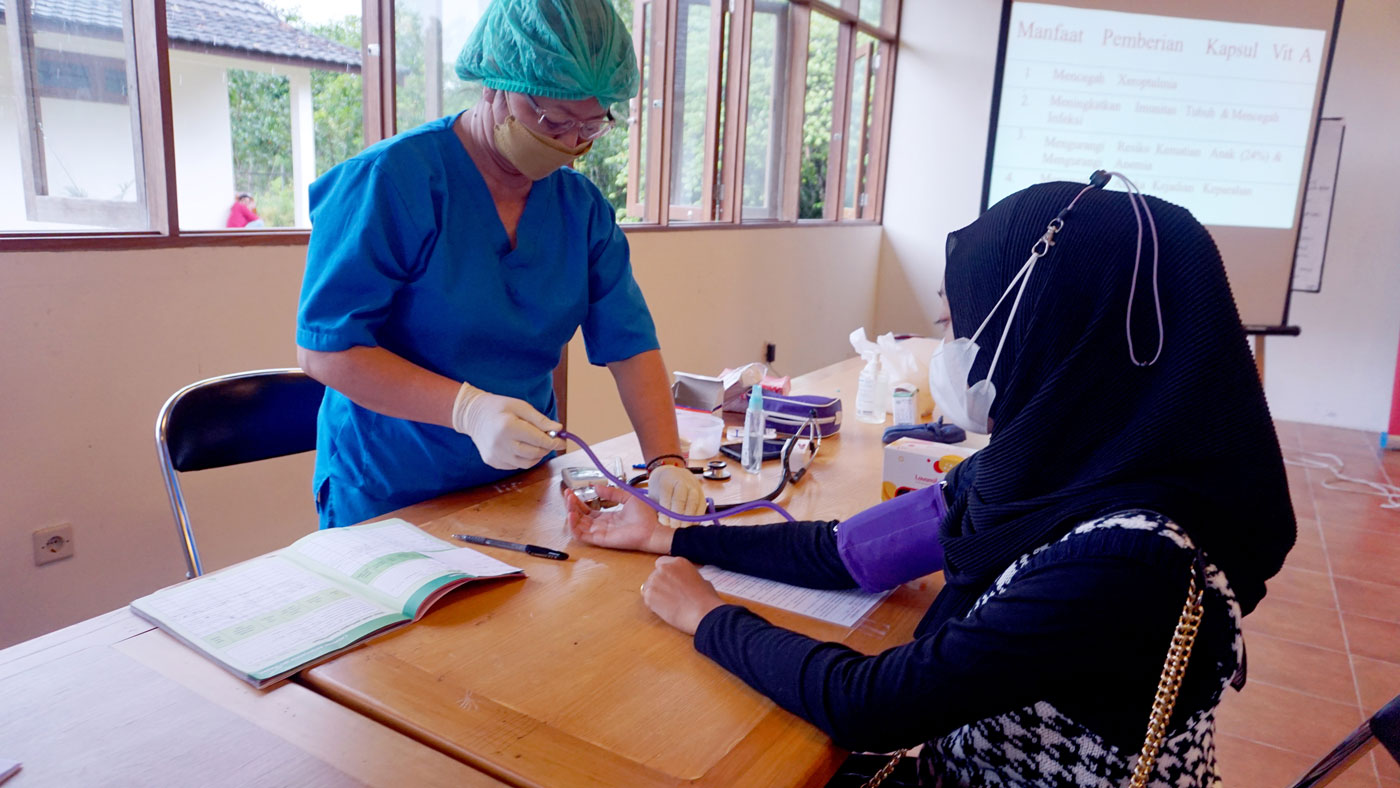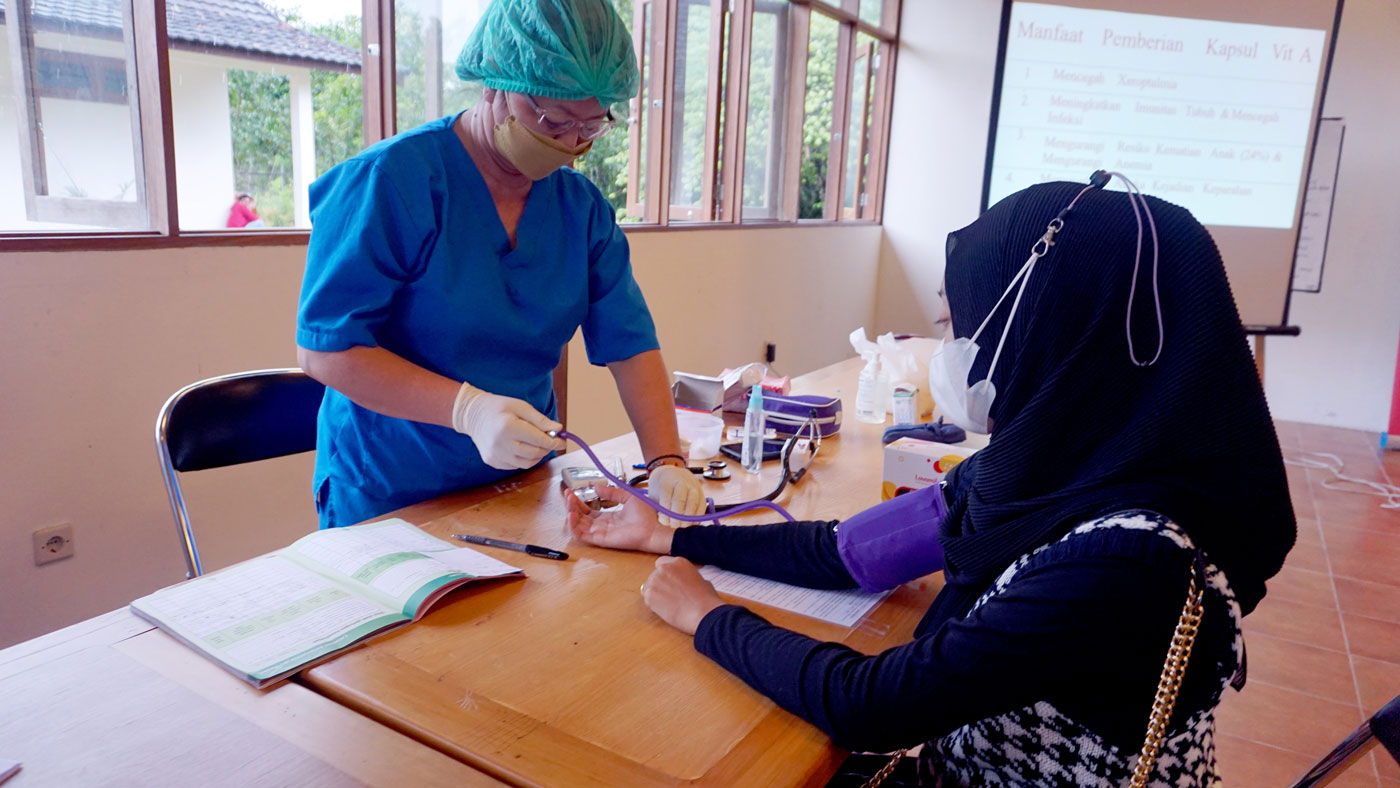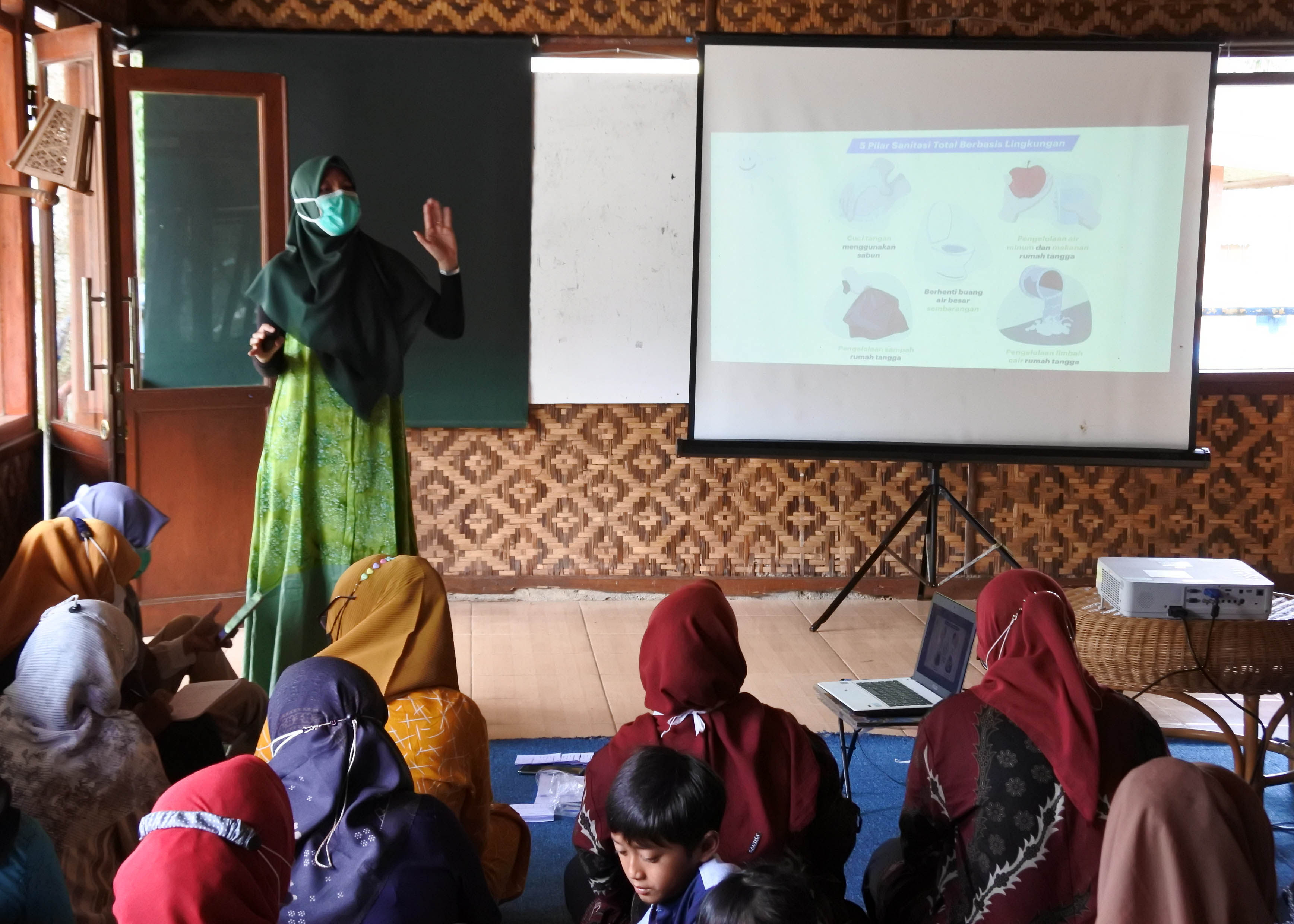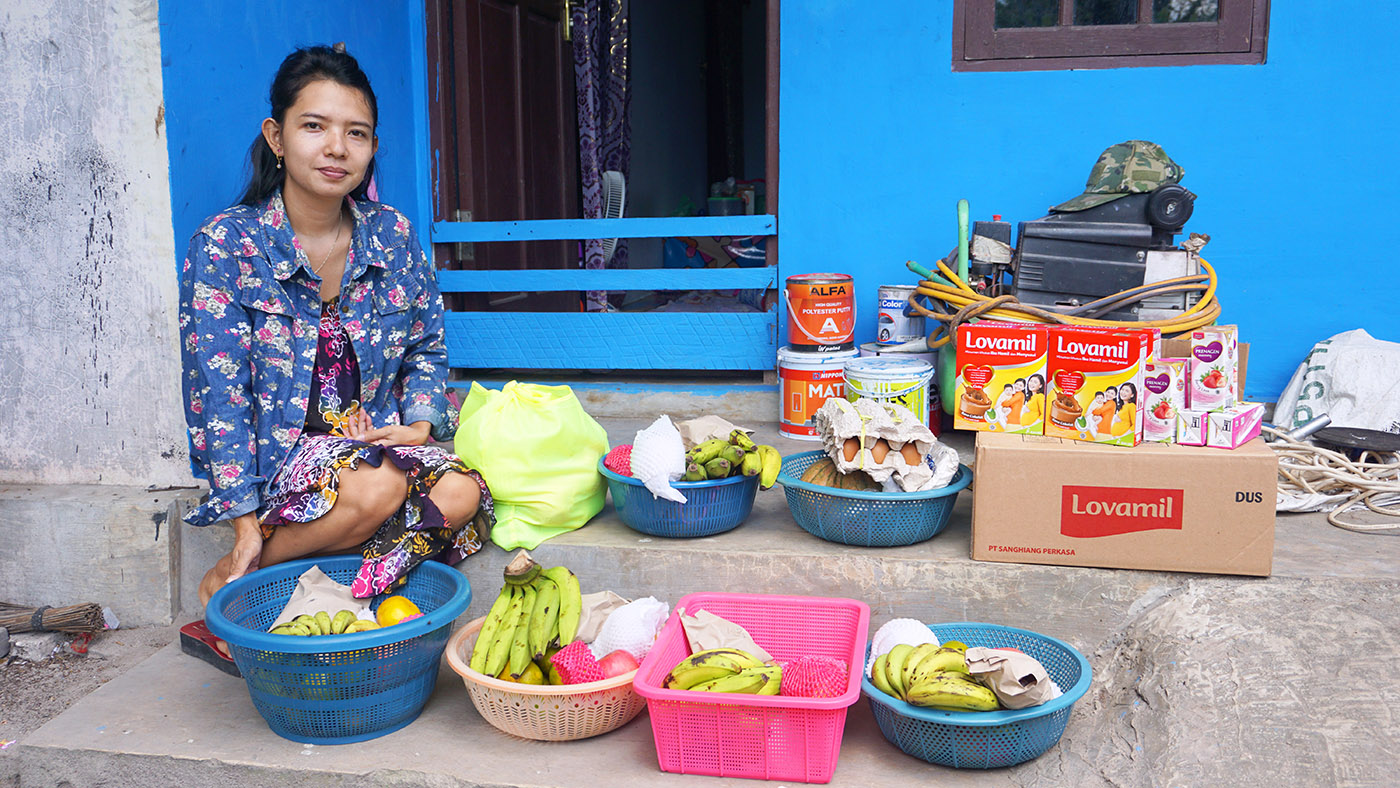YUM’s holistic approach to stunting prevention
- Sharing :
- Tweet

The most crucial period for the growth of a child is the first 1,000 days of life - from the time the child is in the womb until the child is 2 years old. Unfortunately, there are still many children in rural Indonesia who do not have access to proper healthcare, nutrition and good sanitation to support their ideal growth, thus creating a high prevalence in stunting in Indonesia.

In Indonesia, especially in rural areas, the community-run Posyandu (Integrated Health Post) is sometimes the only interaction the community has with a formal health system. The role of Posyandu in villages cannot be understated as it is the central point for spreading knowledge about health issues. In 2021, YUM worked with 40 Posyandu in West Java and Central Kalimantan.
The monthly gathering at the Posyandu helps pregnant mothers to monitor the development of their baby so that problems can be detected as early as possible, preventing the baby from being born with stunting. For these pregnant mothers, their weight, blood pressure and hemoglobin levels are monitored to ensure a healthy pregnancy. For babies under 2 years of age, their weight, height, and head circumference are measured and recorded to monitor their growth based on indicators according to their age. The gathering of anthropometric data can help the health workers to determine if an action is necessary to ensure the good health of the pregnant mothers, babies and toddlers.
The importance of nutrition in stunting prevention
Eneng Ernawati, YUM's Health Coordinator, who is herself a nutritionist, shares her view on the importance of nutrition in reducing the risk of stunting: "After we did a food frequency survey in Cipanas, West Java, we found that pregnant mothers consumed only a very limited variety of food. This is why we believed it was crucial to teach women about nutrition and incorporating new vegetables and fruits into their diet. Working hand-in-hand with the Posyandu, YUM provided monthly food packages to close to 600 pregnant women that included a variety of vegetables, fruits, protein, carbohydrates, milk, as well as vitamins and minerals for a complete nutrition for pregnant mothers."
Kader (Volunteer Health Workers) play a vital role in stunting prevention

In order to intensify the public's knowledge around stunting, especially among families with pregnant women, YUM worked closely with kader (volunteer health workers) through training and workshops in Cipanas (West Java) and Bukit Batu (Central Kalimantan) to help increase their knowledge and capacity. Our aim is to empower these kader with the proper information about stunting and ways to prevent it, as most kader do not have any medical background.
This is why YUM has worked closely with a total of 160 kader (40 in Bukit Batu and 120 in Cipanas) who were trained to deliver the necessary education and information to pregnant mothers and mothers in their respective communities. For the kader in Bukit Batu, since all the Posyandu were closed during most part of the last 2 years of the pandemic, each kader had to go door-to-door to visit the pregnant mothers. These amazing women truly deserve to call themselves heroes!
Stay tuned for more updates on the results of our stunting prevention program soon!
- Sharing :
- Tweet

